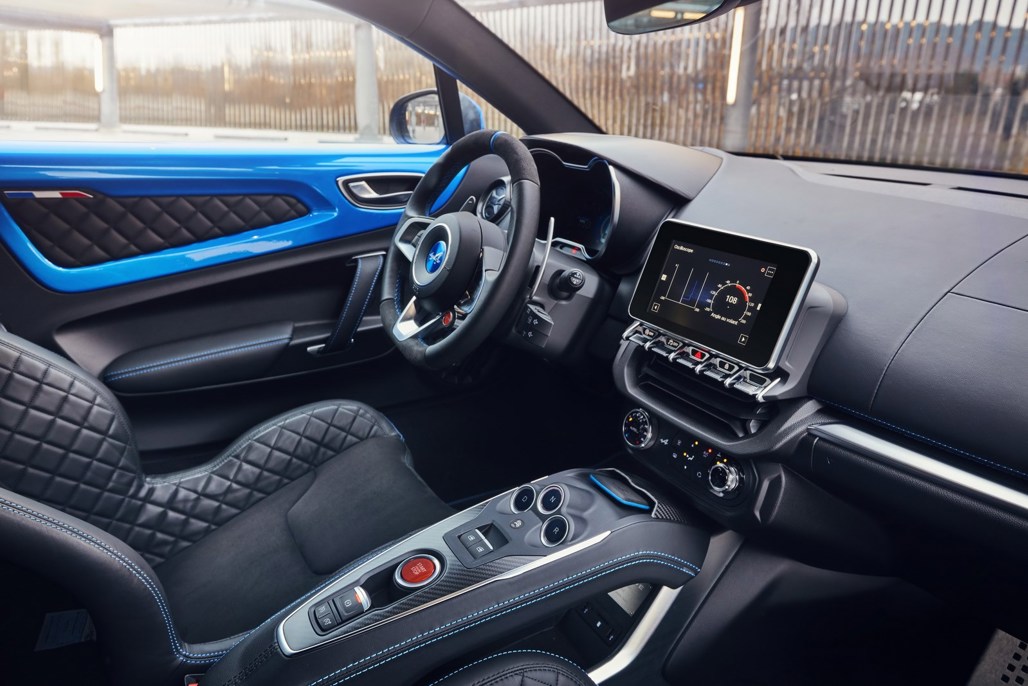When you fork out thousands of dollars to buy a new car, you expect it to be fairly bulletproof for the first few years of ownership.
However, that doesn't always appear to be the case, as owners of factory-fresh vehicles have reported five key issues that are not only making their cars unreliable but expensive to run and potentially unsafe.
UK consumer association Which? said owners had told them directly that their showroom-bought motors are already starting to show signs of flaws - and suggested how motorists could identify the same issues with the cars they drive.
The consumer action group, which runs a car reliability survey every year, said the number of faults with new cars was particularly concerning considering the government had, until recent, toyed with the idea of extending a vehicle's first MOT test to the fourth year.
It's a fairly robust poll, too, with feedback given for more than 50,000 cars last year.
We've listed the five issues below as well as the telltale signs that they could be rearing their head in you motor right now.
Fault 1: Exhaust or emission control system
Cars affected: 5%
The core job of the emissions control system is to limit the discharge of toxic gasses, such as NOx or nitrogen oxides, which have been pulled into focus since the VW emissions cheating scandal.
With so many of the new cars in the Which? survey having reports of faulty exhausts or emission control systems, it suggests this isn't a case of wear and tear.
An exhaust or emission control fault will usually trigger a warning light on the dashboard. Drivers have also reported a loss of power and thick plumes of smoke when they've had issues.
Fault 2: Sat Navigation failure
Cars affected: 4%
An unusually high percentage of cars less than three years old were affected by sat nav failures, the consume group said.
Although this doesn’t pose a significant safety risk, it is a nuisance - particularly as you're likely to have paid extra to have it in the vehicle.
The signs that something is wrong with your navigation system will be pretty obvious.
Fault 3: Battery
Cars affected: 3%
Car battery problems are typically associated with older vehicles, but 3 per cent of survey respondents with newer cars have had a battery fault.
Driving habits, rather than a battery defect, are often the cause. Drivers taking short trips, leaving their lights on and forgetting to unplug devices can all wear the battery life down dramatically, regardless of age.
A dodgy battery should be identified by the car's ECU and, yet again, send a light flashing up behind your steering wheel. Difficulty getting the car to start is also a giveaway.
Fault 4: Mechanical brake system
New cars affected: 3%
A mechanical brake failure could be a severe safety concern if you don't identify the issue early enough.
And if your car isn't due an MOT for some time, it's more important that you know what signs to look out for.
Indications that the brakes may be on the verge of failing include a grinding noise, the car veering to one side and vibrations when you apply the brake pedal.
Slow acceleration could also be a sign of sticking brakes, while a warning light is the clearest indication that something's up.
Fault 5: Suspension components
New cars affected: 2%
The main suspension components of a car are the springs, shock absorbers and struts.
If any one of these key parts is faulty it can affect the car's steering and potentially make it unsuitable to drive, especially at motorway speeds.
Like issues with the brakes, if the vehicle pulls to one side or feels less responsive to steering input, you may have a problem on your hands.
Though the biggest indicator will be clunks and bangs heard coming from the underside of the vehicle and the overall ride comfort feeling harder and less forgiving than it did before.
- Daily Mail




